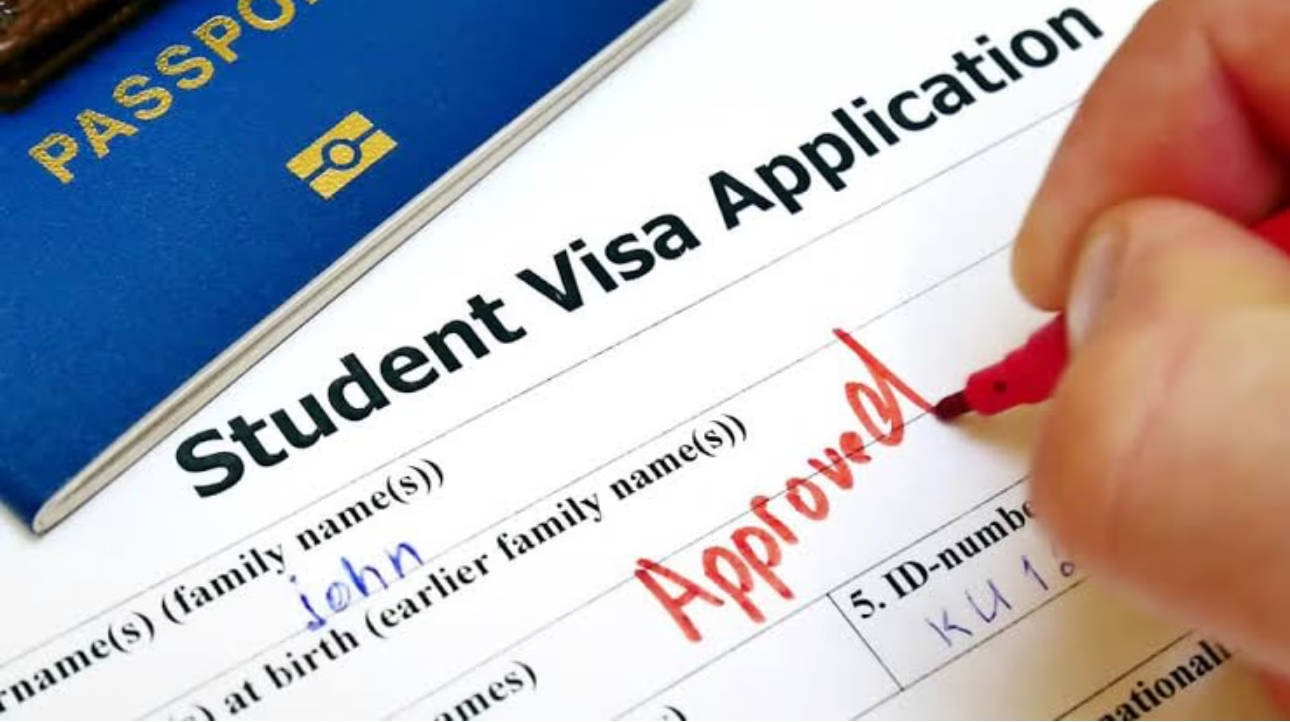Sharp Drop in U.S. Student Visa Arrivals Raises Concerns for Ghanaian Students

The number of international students arriving in the United States on student visas fell sharply by 28.5% in July 2025 compared to July 2024, according to data from the U.S. International Trade Administration. Figures from the Arrival and Departure Information System (ADIS/I-94) show that 76,519 students entered the U.S. in July 2025, down from 106,993 students in July 2024.
Impact on Ghanaian Students
This decline is expected to hit Ghanaian students particularly hard. For years, the United States has been one of the top destinations for Ghanaian youth seeking higher education and international exposure. Many Ghanaian families make significant financial sacrifices to send their children abroad, hoping for better academic opportunities and career prospects.
With fewer international students being admitted, Ghanaian applicants may face:
- Stricter visa scrutiny: Applicants could be subjected to longer processing times and higher rejection rates, discouraging even well-qualified students.
- Limited entry windows: The July intake traditionally accommodates many summer and fall semester enrollees. Reduced arrivals suggest that Ghanaians hoping to join U.S. universities in the fall may struggle with delayed start dates or missed opportunities.
- Increased competition: With the reduced quota, Ghanaian students must present stronger academic credentials, financial proof, and compelling reasons for returning after studies.
Economic and Social Ripples
The trend poses challenges not just for students but for Ghana’s education and economy:
- Brain drain alternatives: If U.S. pathways narrow, Ghanaian students may increasingly look to Canada, the UK, or European countries for opportunities, shifting migration patterns.
- Family investments at risk: Many families invest heavily in preparing documents, tuition deposits, and visa fees. A surge in denials or delayed approvals could leave families financially strained.
- Professional development setbacks: Ghana depends on internationally trained graduates to bring back skills in STEM, health, and business. A bottleneck in U.S. access could slow knowledge transfer.
Calls for Alternatives
Education consultants in Accra note that Ghanaians should diversify their choices. Canada, Australia, and European nations such as Germany and the Netherlands are already becoming preferred destinations for those wary of the tightening U.S. system.
At the same time, the government and universities in Ghana may need to strengthen local graduate programs to retain talent at home and ensure that opportunities for higher learning remain accessible even if U.S. doors continue to narrow.
www.nsemgh.com

